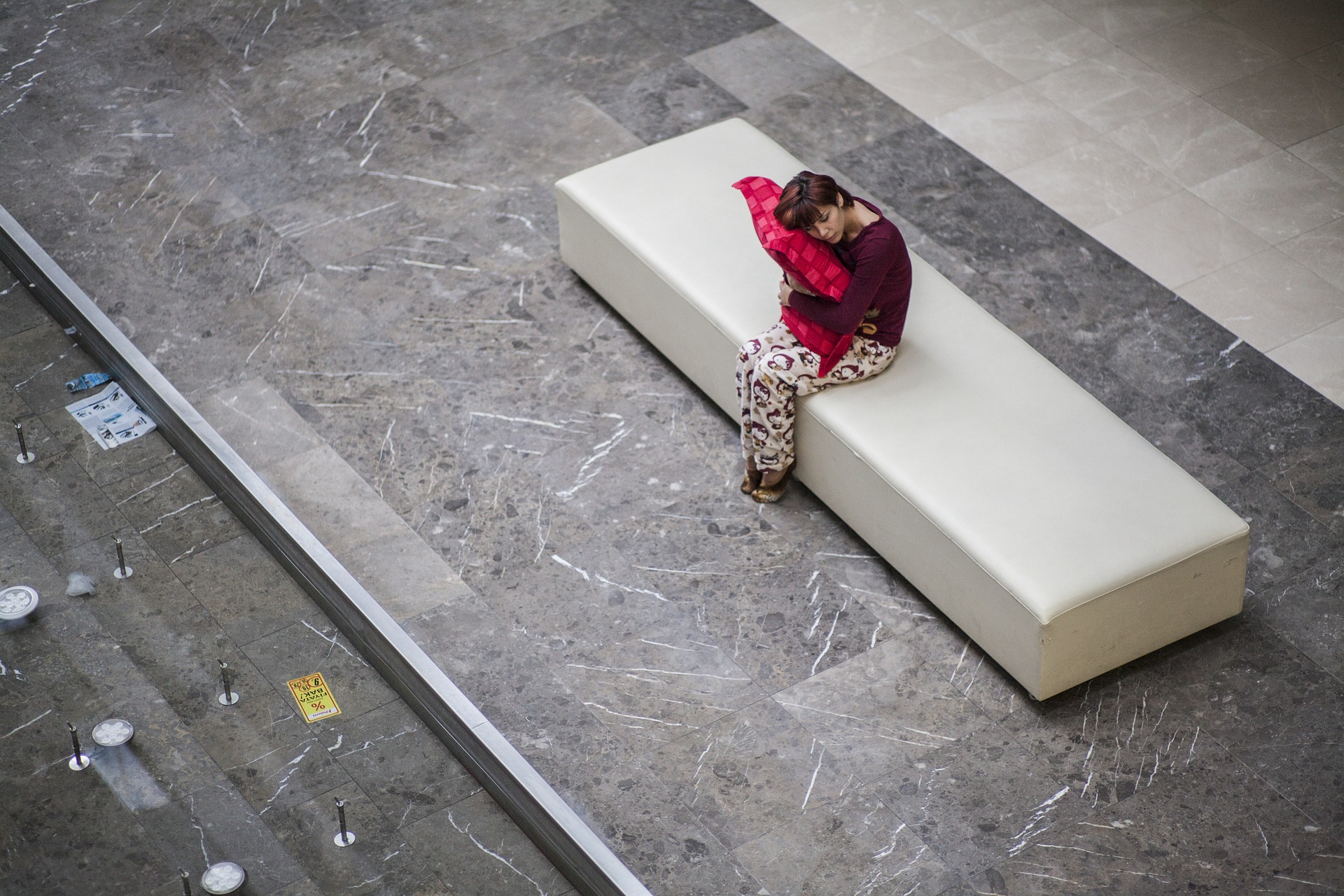10 Tips to Help with Insomnia

Most people have experienced insomnia sometime in their life. Its prevalence is as common as 10 – 30% of the population. If can affect people in many ways including tiredness during the day, reduced concentration or productivity, as well as feeling emotional or irritated without a good night’s rest. Insomnia can present as having difficulties falling asleep or staying asleep.
Here are the top tips for managing insomnia:
1. Avoid consumption of stimulants 4-6 hours before bed – this includes coffee, tea, alcohol, coke, soft drinks or energy drinks. Also check with your doctor if you are on any medication that can keep you awake. Medications such as steroids, some of the weight loss medications or fluid tablets can be taken in the morning rather than at night to avoid sleep disruptions.
2. Avoid prolonged naps during the day. If you need a nap, have it in the early afternoon, no more than 30 minutes.
3. Even if you have trouble sleeping at night, don’t sleep in during the day. Wake up and get out of bed at your usual time and go outside to get some sunlight. This will help with your sleep-wake cycle. If you have trouble falling asleep, you can try sleeping half an hour later at night. Often people go to bed at a set time rather than when they are sleepy. You might find that you may not require the hours of sleep you think you do.
4. Avoid looking at bright screens on TV, computers or laptops before bed. This can confuse your body’s sleep-wake cycle.
5. There is research to show that the cooling of body temperature can make people sleepy. Try having a hot shower or bath or exercise 2 hours before you sleep. The cooling down of body temperature before going to bed can help to put you to sleep.
6. Listening to relaxation or meditation music during bedtime can also help. While it is not an official sleep hygiene advice, personally, I found listening to a boring podcast especially helpful in putting me to sleep!
7. Use the bedroom for sleep and sex only. Avoid bringing work, study and social media into your bed.
8. Exercise during the day is not only good for sleep quality, it also helps with general health and wellbeing and improves the ability to manage stress.
9. Avoid a big meal or lots of fluid before going to bed. Having a full stomach or bladder won’t help with having a restful sleep.
10. Make sure that your phones/ messages/ social media alerts are turned off or on silent when you go to bed. There is nothing worse than been woken up when you have fallen asleep soundly. iPhone has a bedtime mode that puts the phone in silent mode at your set sleep time.
If the above tips are not working for you, or if you have long term issues with sleep, it is worthwhile seeing a doctor to see if there are other causes of insomnia. Insomnia is sometimes a manifestation of other causes such as chronic pain, stress, anxiety, depression or peri-menopausal symptoms. It is important to have these causes explored and managed. Sleep apnoea can also manifest as insomnia with frequent waking during sleep.
For more information, call 2101 4797 to make an appointment to see one of our doctors at James st Medical.
